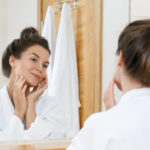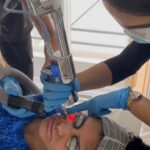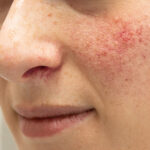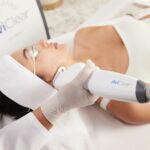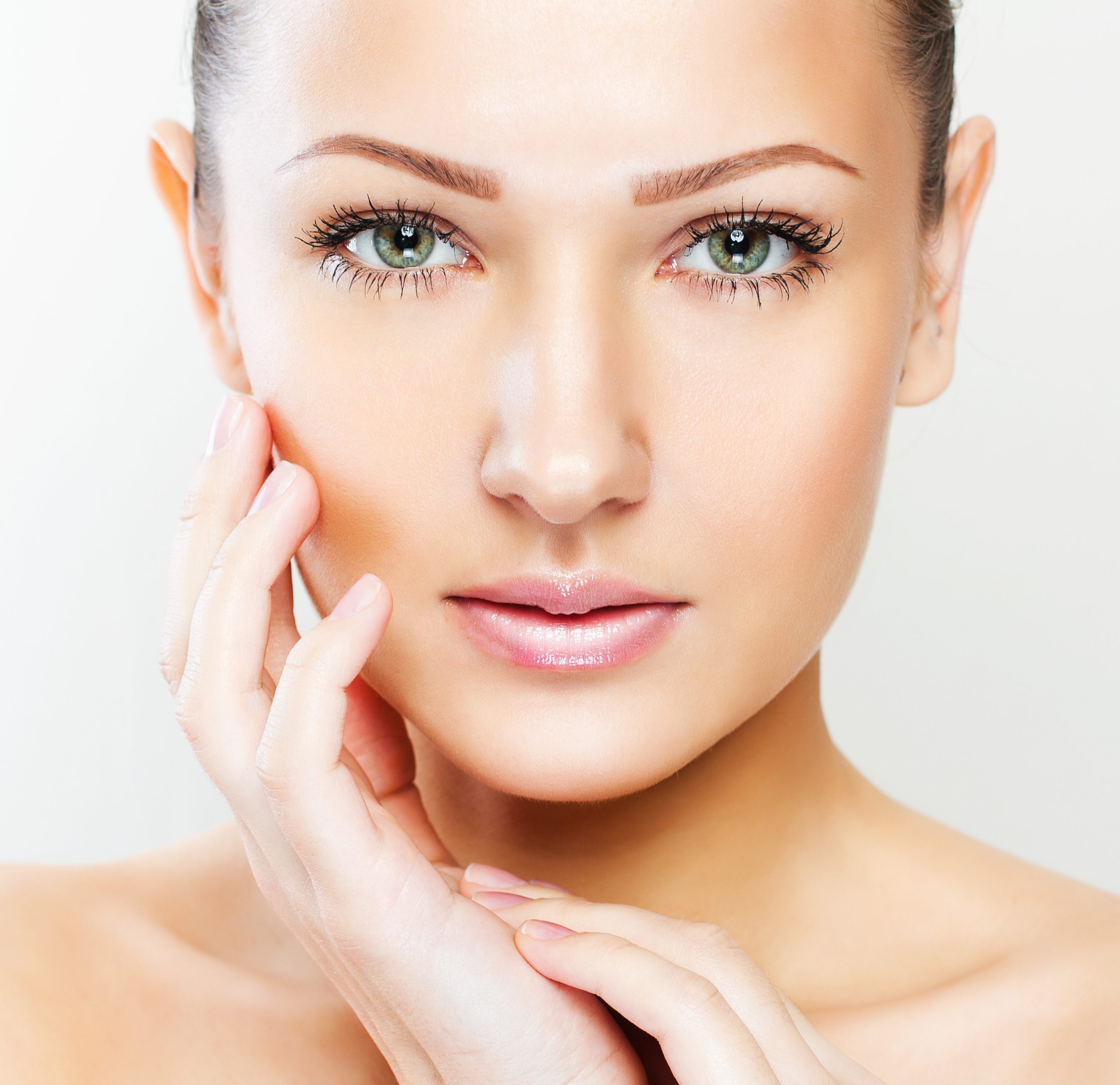
Cleaning Your Beauty Blenders
How often are you cleaning your beauty blenders or checking expiry dates on your make-up products? A recent study* aimed to look at the extent of microbial (bacteria and fungi) contamination in commonly found items in most of our make-up bags. These specifically looked at five categories of products: lipstick, lip gloss, eyeliners, mascaras, and beauty blenders. Rather shockingly, 79-90% of all used products were contaminated with bacteria.
EU guidance is very specific about safety guidelines in our products. Not all bacteria are bad or harmful to our health and there are acceptable safety limits of levels present in cosmetics applied around the eye versus those elsewhere. However, some microbes are known to be potentially harmful to us (known as pathogens) and should never be found in our skincare (e.g. E. coli, Enterobacteriaceae). Preservatives in our skincare exist to prevent the growth of harmful microbes and their activity governs the expiry date of our products. Some studies show that as many as 97% of us use make-up past its expiry date and mascara is often the most common culprit.
This particular study looked at 467 products in total and found that out of the five categories mentioned above, beauty blenders and lip glosses were most likely to be contaminated with bacteria or fungus. Of more concern, Enterobacteriaceae (usually found in the gut) was detected in all product types. Numerous other microbial types were also found across all types of product (these included S. aureus, P. aeruginosa and C. albicans), some of which may cause infection in those with a weakened immune system.
Through direct questioning of product users, it was found that many beauty blenders had never been cleaned despite being dropped on the floor. Many products were being used or stored in the bathroom. Not only is there a risk of cross-contamination from faecal bacteria by storing products here but heat and steam from the shower may also produce an environment in which microbes can thrive. Hygiene practices around our make-up products are hugely important to prevent the risk of eye and skin infection. We don’t want faecal bacteria breeding on our products!
Top tips to reduce the risk of microbial contamination:
1. Don’t share make-up – with anyone!
2. Clean your beauty blenders thoroughly once a week.
3. Be vigilant of expiry dates of your products.
4. Exercise caution around testers at beauty counters.
5. Practice good hand hygiene and wash your hands before applying make-up.
6. Avoid storing make-up in the bathroom.
*Bashir A, Lambert P. Microbiological study of used cosmetic products: highlighting possible impact on consumer health. Journal of Applied Microbiology 2019; 128: 598-605.

